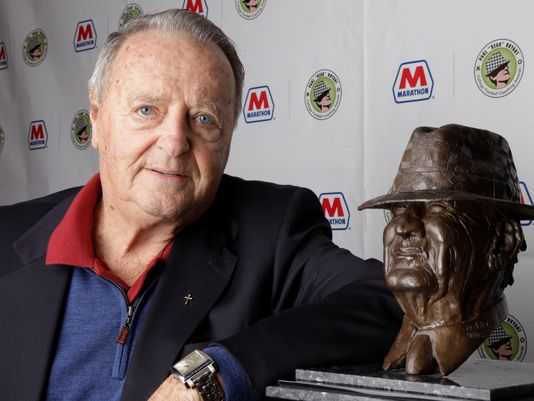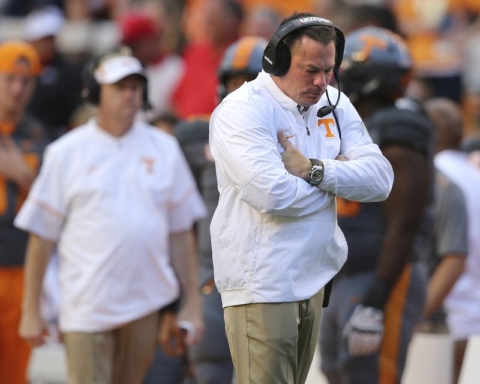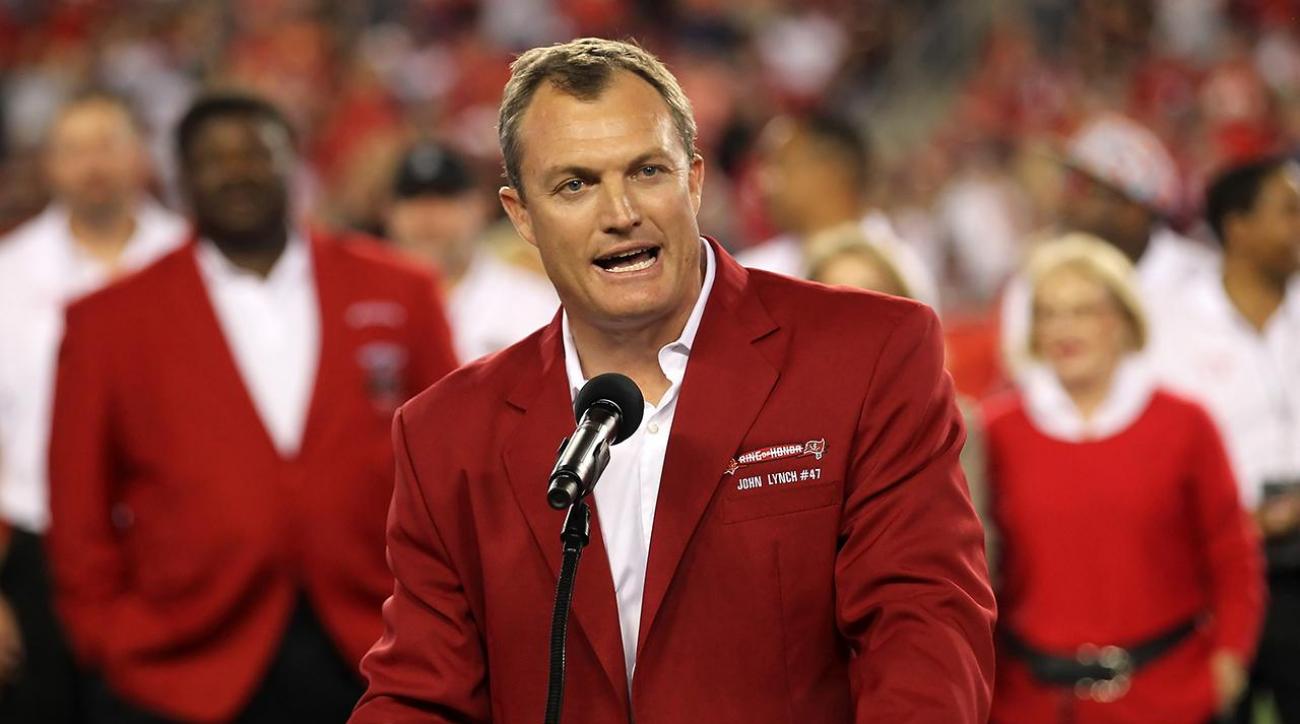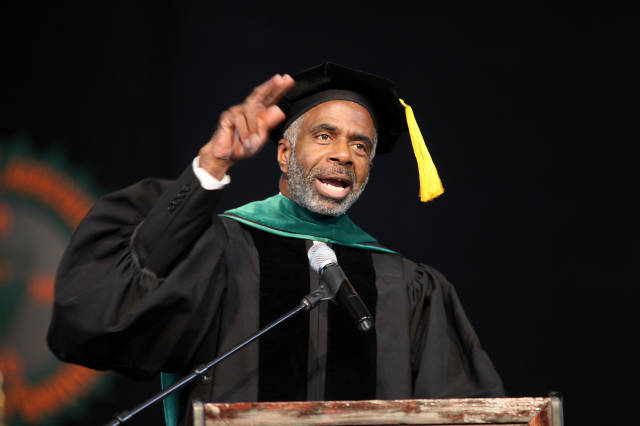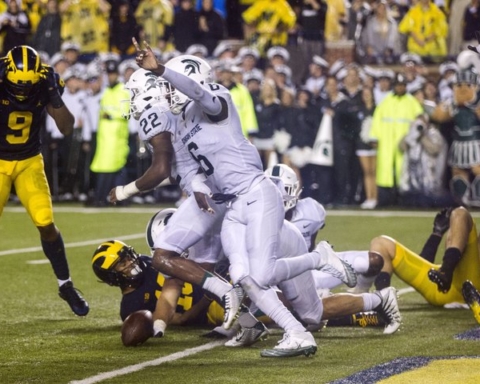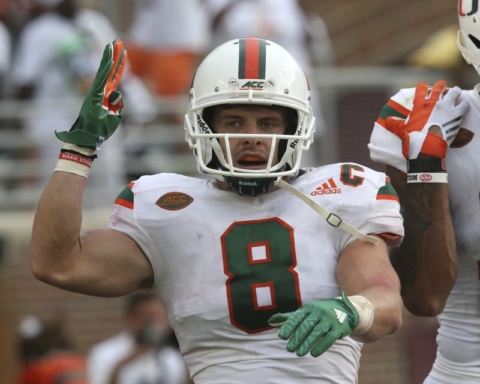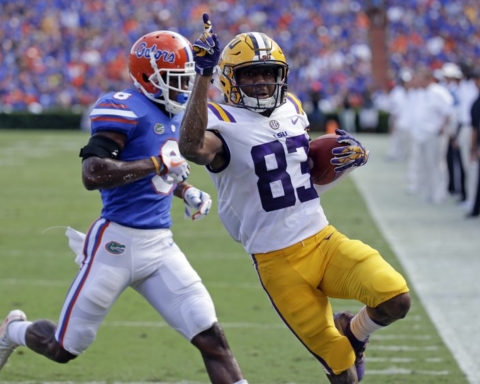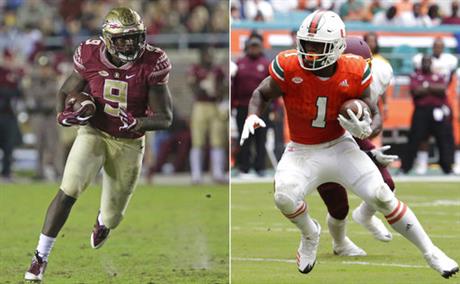Florida A&M’s 36-0 loss to South Carolina State on Thursday again exposed a few realities. At the top of the list is a gap in talent between the Rattlers and their first three opponents.
To be successful, the level of talent does not need to equal that of FAMU legends like Bob Hayes, Willie Gallimore, Ken Riley, Glen Edwards or Hewritt Dixon. In the era of ESPN and today’s integrated universities, players of that caliber receive offers from elite Division 1-FBS programs.
New Coach Alex Wood is the latest to take on the task of rebuilding. For all we know, he may have football smarts and leadership characteristics equal to legends such as Jake Gaither or Rudy Hubbard. That will be determined much later.
FAMU fans and alumni want to see wins. With a record of 10-25 over the past three years, the Athletics Department wants both that and the revenue provided by increased home attendance that comes with winning.
Milton Overton, Jr. has been Athletic Director for all of three months. He understood from the first day that a successful football program is the tide that lifts all boats within an entire athletic department.
Until FAMU is restored to the level of performance on the football field that generates victories and dollars, Overton has some work to do. Perhaps Tallahassee’s other university can provide an idea.
When taking over the Florida State football team in 1976, Bobby Bowden sought to build a strong foundation. With FSU’s 4-29 record for the three years prior to his arrival, there was nowhere to go but up.
The view from through Bowden’s eyes in 1976 was simple. Florida State needed some big paydays.
Football schedules are made a few years in advance, so Bowden went to work and came up with something clearly outside of the box. The 1981 schedule he developed soon after his arrival called for Florida State to play five consecutive road games against elite football programs.
That fall, FSU played at Nebraska followed in consecutive weeks by trips to Ohio State, Notre Dame, Pittsburgh and finally, LSU. The Seminoles actually won three of those games and took two thumpings, but Bowden says to this day that those five weeks did indeed set Florida State on the path to the glory that followed.
Today, the football program not only thrives, but FSU has solid men’s and women’s sports programs. Overton and FAMU might want to consider something similar.
In 2013 the Rattlers went to Ohio State and played before 103,595 merciless fans. They returned to Tallahassee with a 76-0 defeat and a large paycheck. The year before, Oklahoma delivered the beating and the check.
Last year’s trip to Miami did not further the cause. The score was a more respectable 41-7, but Miami does not draw enough fans to make it worthwhile.
The Rattlers’ fellow MEAC Conference foe, Howard University, went to play at Boston College last week. They lost, 76-0 before 26,000 fans. If teams are going to take a loss like that, a payout three times what Howard got is a necessity.
FAMU does not need to match Florida State’s “Octoberfest” of 1981. Barring a miracle, they would not win any of those games.
To avoid discouraging the players, break the five or six games needed into two or three years. Not only would the department earn the revenue, it can be a recruiting tool.
High school players knowing they will not play for a Division1 powerhouse can strongly consider the chance to play in those legendary stadiums. Who wouldn’t want to line up at Ohio Stadium, Tennessee’s Neyland Stadium, Penn State’s Beaver Stadium, or Michigan’s “Big House?”
Perhaps even the Swamp or Doak Campbell one day?
Overton will chart his program’s and his department’s course, but as he carries out his construction project, a call or a visit to Bobby Bowden wouldn’t hurt. He would be pleased to offer his experience from 1981 and some counsel for the long term.

